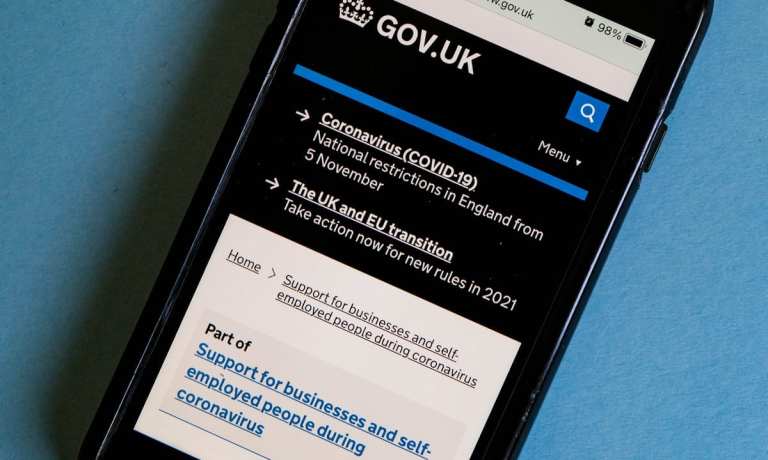UK Banks Anticipate Avalanche Of Firms Extending BBLS Terms

U.K. banks are bracing for an avalanche of requests by businesses to extend terms for the Bounce Back Loan Scheme (BBLS), designed to provide quick access to funds amid the coronavirus pandemic.
Via the BBLS, banks have loaned in excess of 46 billion pounds to small and medium-sized businesses (SMBs) since the launch of the program in May 2020. Loans up to 50,000 pounds were extended to help SMBs stay afloat during the COVID-19 lockdowns. The 12-month, interest-free loans are coming due this month, the Financial Times reported on Monday (May 3).
Some 42,000 companies have already filed for extensions, per bankers’ and FT’s calculations. NatWest told the news outlet that it has already communicated with some 100,000 borrowers advising them that their loan due date was soon.
Worried that SMBs might struggle with repayment, U.K. officials introduced a pay-as-you-grow program to stave off defaults from companies still trying to financially regroup post-pandemic.
NatWest indicated that some 75 percent of the 14,000 pay-as-you-grow borrowers asked to extend loan due dates. Some 25 percent asked for a six-month repayment holiday. Two sources told FT that lenders were “pleasantly surprised” that the majority of borrowers were just requesting extensions.
Nick Hunter, founder of Falmouth-based recruitment firm Head Hunter Resourcing, told FT that before payment is due, he’s hoping for “last minute” help from the Treasury. Short of that, he plans on asking for an extension.
Some businesses, however, have not yet used the funds from BBLS loans, with bankers estimating that as much as 30 percent is still in customers’ accounts. This is thought to be a contributing factor to the soft demand for the Recovery Loan Scheme launched to replace the bounce-back scheme, according to FT.
An estimated 26 billion pounds in Bounce Back loans are fraudulent and could cost taxpayers as much as $35 billion. The $58 billion program launched last year in May had a low bar to entry and required little proof of necessity by businesses seeking loans.
Data solvency firm Begbies Traynor said that over 720,000 U.K. businesses are struggling to make ends meet following a year of COVID lockdowns and restrictions.